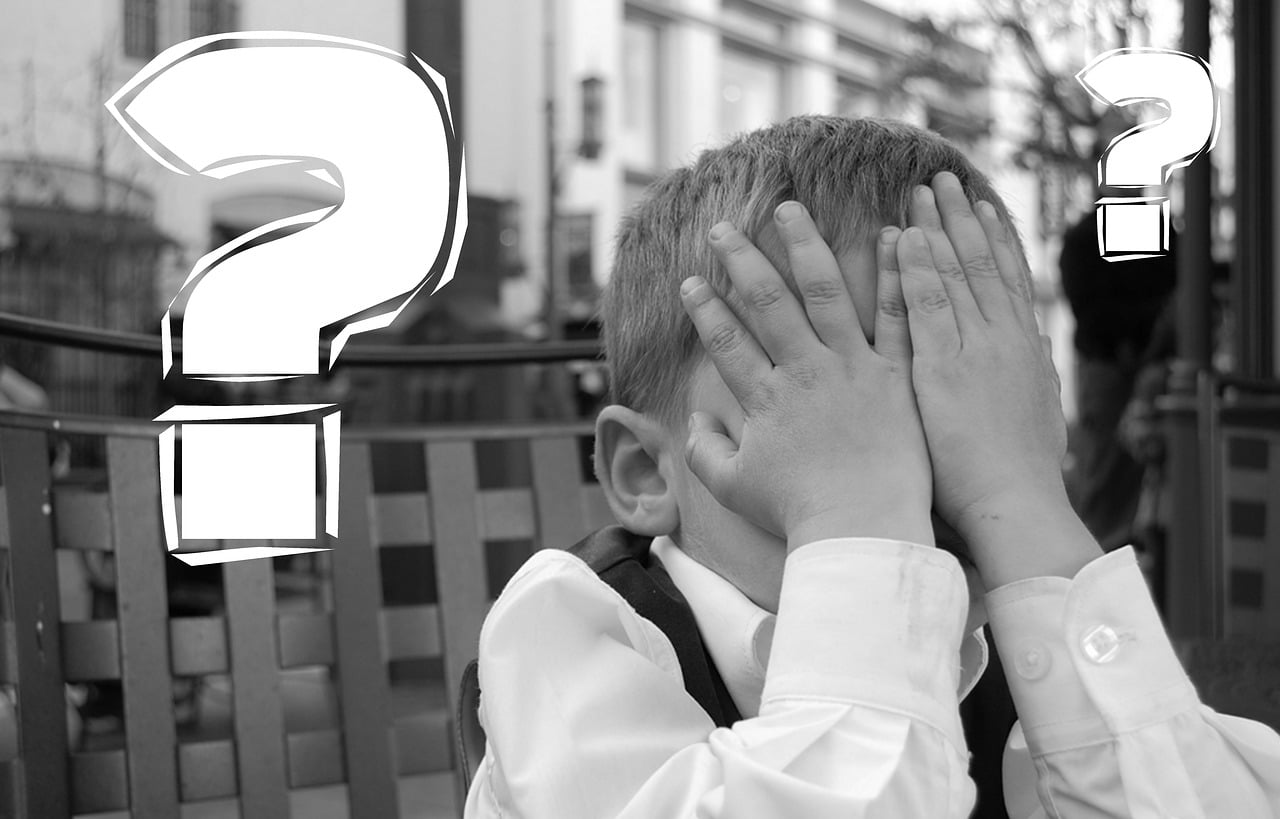Millions of people are waiting anxiously for the announcement of the next coronavirus stimulus checks. There might not be any news on the next stimulus checks, but there is information on the $600 federal unemployment benefit, and it is not good. The $600 weekly unemployment benefit is expected to end a week early.
Q1 2020 hedge fund letters, conferences and more
Why $600 unemployment benefit may end earlier?
The CARES Act, passed in March, promised $600 weekly unemployment benefits to eligible Americans, in addition to the usual state’s benefits. Such an amount proved to be a lifeline for many as it allowed them to pay for food, rent and other necessities during the lockdown.
This $600 federal unemployment benefit is scheduled to end “on or before July 31, 2020.” However, due to a technicality in the fine print it is possible that the payment ceases a week before. This is because July 31 happens to be a Friday, and states usually send the weekly benefits on Saturday or Sunday.
Also, the wording of the CARES Act that the unemployment benefit will end “on or before July 31, 2020” supports this theory. If the CARES Act would have specifically said the benefit would expire on July 31, then it was likely that people would have received benefits in the last week, but the wording opens the possibility of benefits expiring before July 31.
So, this could mean that many people could become ineligible for the benefits after July 25 (Saturday) or July 26 (Sunday).
“The (Federal Pandemic Unemployment Compensation) $600 can be paid for weeks ending no later than the week ending prior to Friday, July 31, 2020,'' the U.S. Department of Labor told USA Today in a statement. "For all states except (New York), that is Saturday, July 25th. New York’s end date is Sunday, July 26th.”
Authorities, however, can step in to prevent such a mishap. They can make the needed changes in the system to ensure the unemployment checks extend up till July 31. If not, it could prove a significant blow to many Americans, who currently depend on it.
Extending federal unemployment benefit necessary?
About 33 million Americans are getting the unemployment benefits, or waiting for approval, as per the data from the Department of Labor. So, after the expiry of the $600 benefit, those unemployed will have to depend on whatever compensation they get from the state.
As per an estimate from the Brookings Institution, the national average weekly payment was $387 before the coronavirus pandemic. For instance, Massachusetts, on an average gave $550 per week, while Mississippi and Arizona paid an average $215 and $240 per week, respectively.
Thus, the expiry of federal unemployment benefits would be a huge blow to the unemployed Americans, especially those in Mississippi and Arizona. Experts believe that the end of the $600 benefits would not just affect those who are unemployed; rather it could have a multiplier effect on the whole economy.
This effect could result in a sharp drop in the demand of consumer goods, and thus, impact the job market as well. Thus, many economists are in favor of extending the $600 unemployment benefits.
Jason Furman, an economist, in a recent Congressional testimony estimated that the $600 unemployment benefit could boost the GDP by 2.8%, as well as support three million jobs.
Similarly, Josh Bivens, director of research for the Economic Policy Institute, estimates that extending the benefits through the middle of next year could provide an average GDP quarterly boost of 3.7% and 5.1 million jobs.
Democrats are also in favor of extending the unemployment benefits. The $3 trillion HEROES Act, which passed the House last month, proposes extending the $600 unemployment insurance per week in federal benefits, through the beginning of 2021.
Arguments against unemployment benefits
While some economists and Democrats may be in favor of extending the unemployment benefits, there are many powerful voices against it as well. Those against it argue that the $600 extra income is discouraging many to return to work. This is because for many, the $600 benefit along with the states’ unemployment benefit is more money than what they would make by working.
A study by University of Chicago economists in early May found that two-thirds of those who lost jobs during the outbreak could get unemployment benefits which are more than their lost wages.
White House economic adviser Larry Kudlow believes that the $600 benefit is holding people back from finding new jobs. Many have even proposed replacing the $600 benefits with a "back to work bonus."
“The trouble with the $600 plus-up, and maybe we needed it in that emergency period, but frankly it's a major disincentive to go back to work and we don't want that,” Kudlow said last month.
GOP Senate Majority Leader Mitch McConnell is also not in favor of the unemployment benefits. Last month, McConnell called it "a crazy policy" during a call with House Republicans, according to Politico.
Despite the opposition, if policy makers decide to extend the federal unemployment benefits, they will have to act quickly. This is because the expiry date, which was earlier believed to be July 31, is now likely a week earlier.






